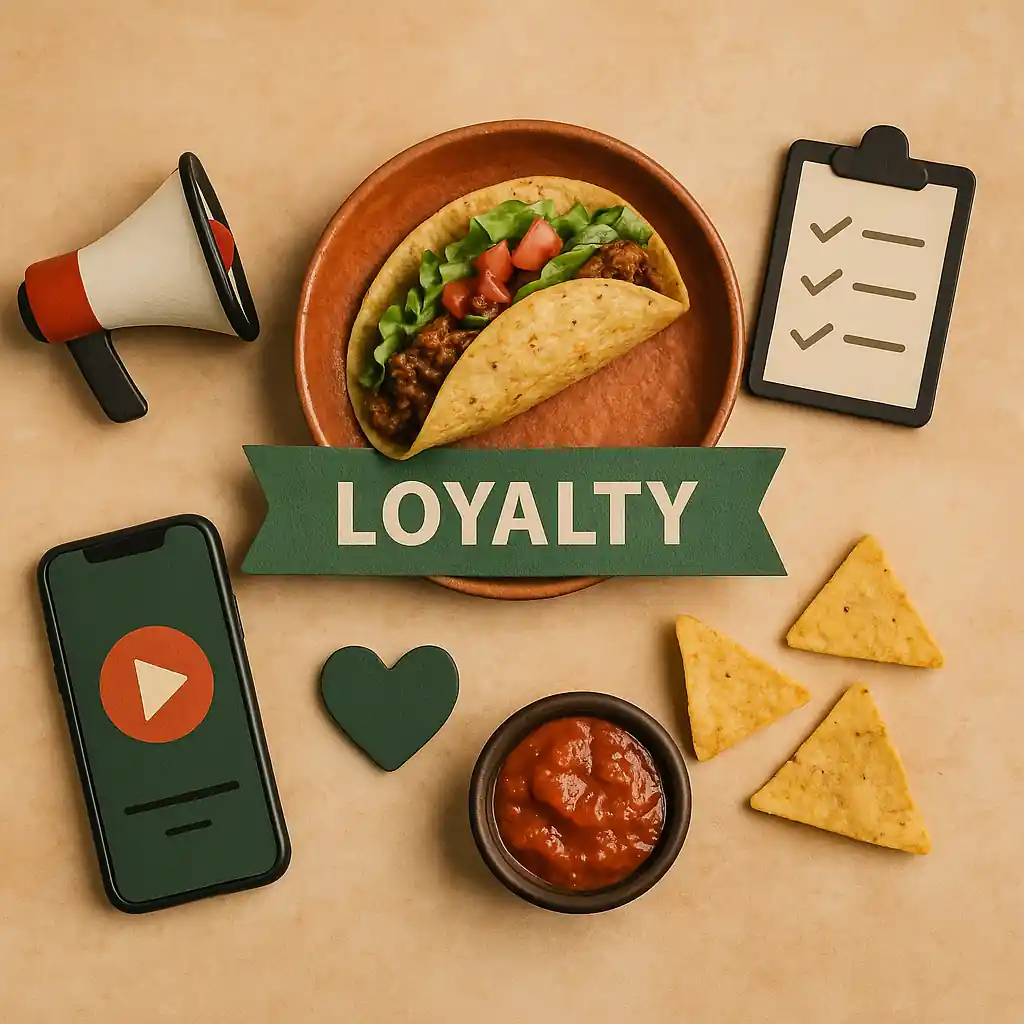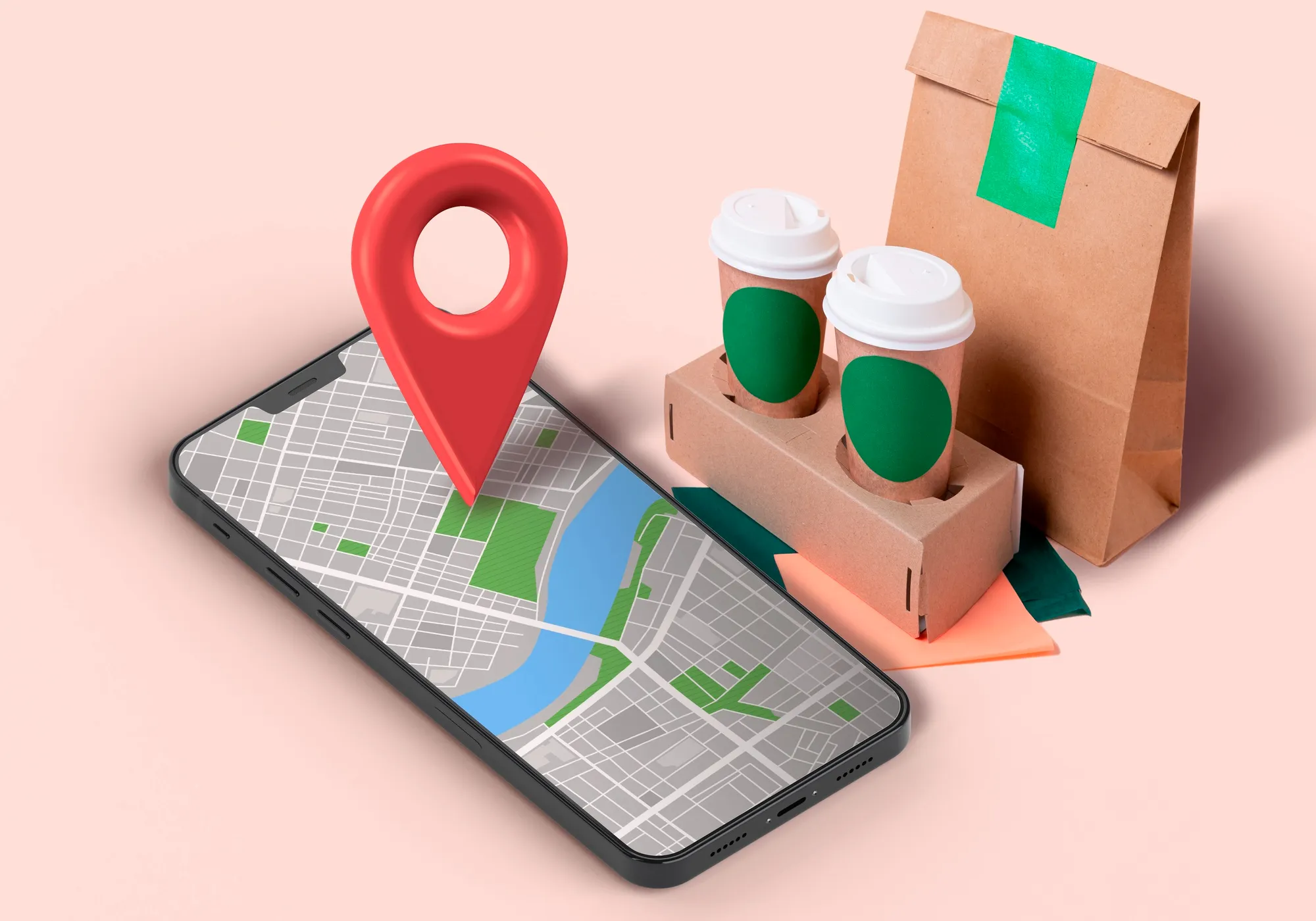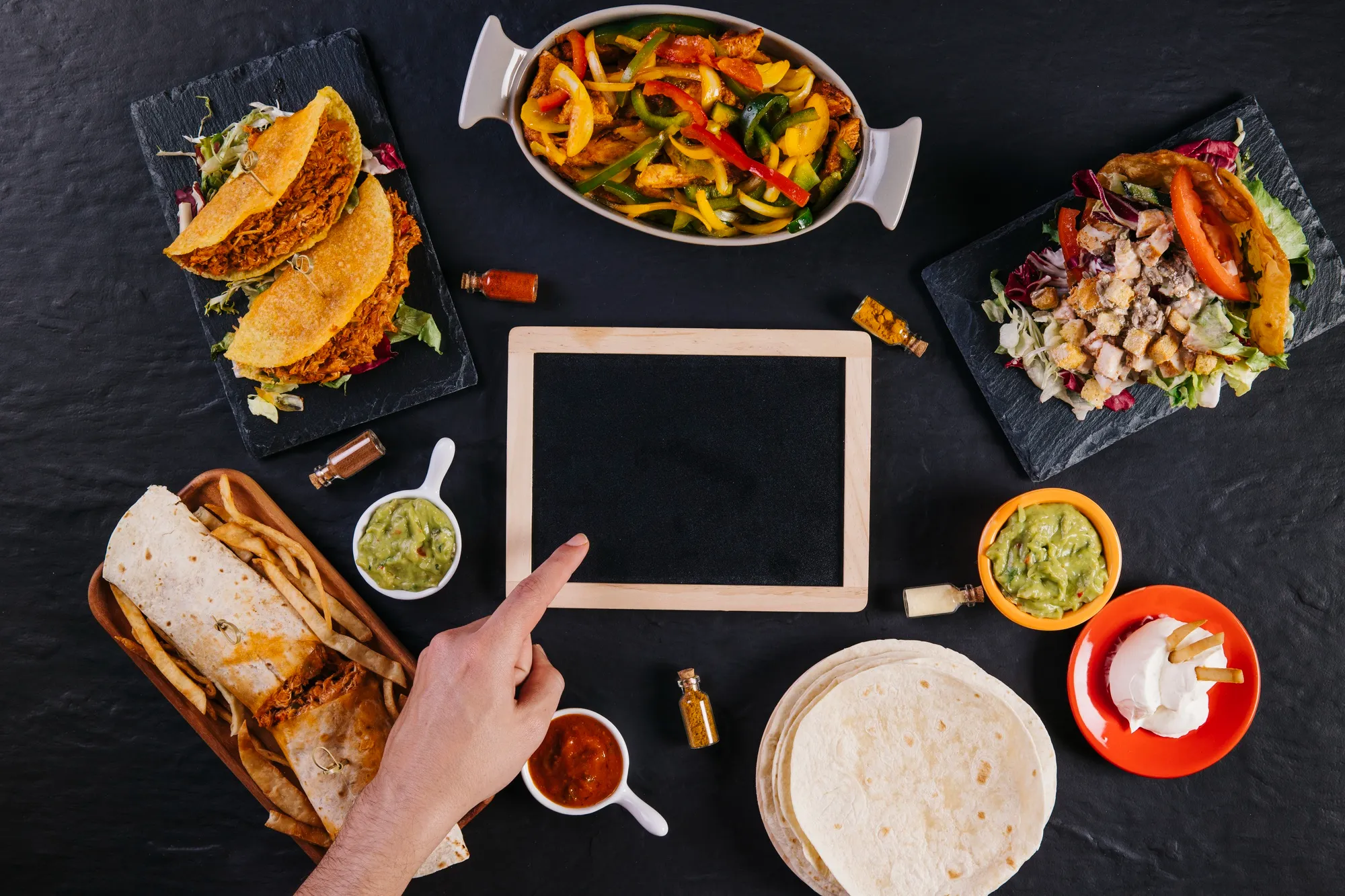The food truck industry has grown immensely in recent years, but with that growth comes increased competition. To stand out in a competitive market, having a great recipe or a flashy truck isn’t enough; you need to ensure that your business is visible online. This is where SEO (Search Engine Optimization) comes into play, a key tool for attracting more customers and improving your food truck’s presence in search engines.
By applying effective SEO strategies, your food truck can reach customers right when they are searching for places to eat nearby. This is especially crucial for a mobile business, as people may not know your exact location without searching online. SEO ensures that your business remains discoverable, even when you move from place to place, helping you maintain a steady stream of hungry customers.
Why is SEO Important for Your Food Truck?
Increased Visibility in Search Engine Results
Visibility is key for any business. The higher your food truck appears in search results, the more likely potential customers will find you. This is especially important for mobile businesses like food trucks, which frequently change locations.
With millions of people relying on Google for local search, being one of the top results ensures that your business gets noticed. People usually don’t scroll past the first page of search results, so if your food truck isn’t showing up, you’re missing out on potential revenue. SEO helps you rank higher in search engines and boosts your chances of appearing in the coveted “local pack” — the top three businesses shown on Google Maps.
Attracts a Larger Customer Base
With a well-executed SEO strategy, you’re not only ensuring that local customers can find you, but you’re also attracting a broader customer base. People visiting your city or looking for a unique food option are more likely to find you if you have a strong online presence.
SEO expands your reach beyond just locals. Travelers and tourists who search for food options on their smartphones can find your food truck if your site is optimized for relevant keywords for restaurants and locations. This means you could attract food lovers who might never have found you otherwise. The more visibility you have, the greater your potential customer base, which is especially useful during high-traffic seasons like festivals or events.
Targets Specific Audiences
SEO allows you to target specific customers who are already searching for what you offer. For instance, if your food truck specializes in tacos, you can optimize your content to attract people searching for “tacos near me” or “best taco food truck.” This gives you an advantage over the competition.
By tailoring your content and keywords to match what your ideal customers are searching for, you ensure that your marketing efforts reach the right people. For example, targeting keywords like “vegan food truck in [city]” or “gourmet street food” helps you connect with niche markets who are actively looking for the type of food you serve. Targeting a specific audience means fewer random clicks and more potential customers ready to buy.
Builds Credibility and Trust
Having a strong online presence not only makes you more visible but also builds trust. Customers tend to trust businesses that appear at the top of search results, and an optimized website, along with positive reviews on platforms like Google My Business, reinforces that trust.
When your food truck consistently shows up in search results, it sends a message to potential customers that you are a legitimate and reputable business. Additionally, having a well-optimized website that includes customer reviews, testimonials, and high-quality images can strengthen your credibility. SEO also helps you maintain an active online presence, which makes customers feel confident that they can rely on you for a great food experience.
Key SEO Strategies for Food Trucks

Use a Relevant Domain
Your website’s domain should clearly reflect your brand. A relevant, easy-to-remember domain will help customers find your food truck more easily.
A good domain name not only improves your chances of being found by search engines but also makes your food truck more memorable to customers. If the domain matches your food truck’s name or niche, customers will have an easier time recalling it when searching for you again. Choose a domain that is short, to the point, and aligned with the type of food or service you offer.
Ensure Responsive Design
Since most people will search for your food truck on their mobile devices, it’s essential that your website is mobile-friendly. A responsive design ensures that users can easily navigate, no matter what device they use.
Google also prioritizes mobile-friendly websites in its ranking algorithm, meaning that a responsive site can significantly improve your SEO. If your website doesn’t function properly on smartphones or tablets, visitors are likely to leave, which can lead to a higher bounce rate — something search engines factor into rankings. Optimizing for mobile creates a better user experience and helps maintain your search engine position.
Write Quality Content
Your website should include relevant and useful content for users. From descriptions of the dishes you offer to a blog about the local food scene, all content should aim to provide value and attract visitors.
Quality content isn’t just about writing for search engines — it’s about engaging your audience and providing information they find useful. Include FAQs, stories about your food truck’s journey, and regular updates about where your truck will be located next. Search engines favor websites that update content frequently and deliver value to users, making this a critical part of your SEO strategy.
Optimize Images
Images of your food are essential to attract customers. Ensure that all images are optimized for search engines with descriptive filenames and relevant alt tags. Large image files can slow down your website, which negatively affects both the user experience and your SEO ranking. By compressing images and using descriptive alt text like “gourmet burger from [food truck name],” you make it easier for search engines to understand your content while ensuring fast page load times.
Optimize Your Google My Business Profile

Keep Information Up-to-Date
One of the most important aspects of local SEO is your Google My Business profile. Keep all information up-to-date, including your location, hours, and menu. This helps users find you easily and improves your ranking in local searches.
Google My Business (GMB) is one of the most powerful tools for food trucks because it directly affects your visibility on Google Maps and local searches. Keep your information accurate and detailed, including temporary changes like pop-up locations or event appearances. Ensuring your GMB profile is complete can make a significant difference in your overall visibility.
Respond to Reviews
Responding to reviews, both positive and negative, shows that you value your customers’ opinions. Good reviews not only improve your online reputation but also influence your position in search engine rankings.
A proactive approach to reviews not only builds customer loyalty but also signals to Google that your business is actively managed and responsive to feedback. Responding to negative reviews with solutions can turn unhappy customers into repeat clients and shows potential customers that you care about their experience. Google rewards businesses with high engagement and good reviews by giving them higher rankings.
Use Relevant Keywords

Conduct Keyword Research
Before creating any content, it’s crucial to conduct keyword research. This helps you understand what terms your audience is searching for and allows you to incorporate them naturally into your content.
Use tools like Google Keyword Planner or SEMrush to identify the most popular search terms related to your food truck’s cuisine, location, or style. Once you know what people are searching for, you can tailor your website’s pages and blog posts to target those terms. Incorporating long-tail keywords, like “best vegan food truck in [city],” can help attract more specific audiences.
Incorporate Keywords into Content
Once you’ve identified relevant keywords, strategically use them in your website’s titles, headings, and descriptions. It’s not just about using them repeatedly, but integrating them naturally so that the content is useful and easy to read.
Search engines like Google prioritize content that reads naturally and provides value to users. Avoid “keyword stuffing,” where you cram too many keywords into one page. Instead, focus on creating well-written content that includes keywords seamlessly. This will improve user experience and help your website rank higher.
Create Quality Content

Start a Blog
Blogs are an excellent way to drive organic traffic to your website. Consider sharing recipes, stories about your food truck journey, or articles about street food trends.
Not only does a blog give you fresh content to share regularly, but it also gives Google more content to index. When you write about topics that are relevant to your audience, such as food trends or behind-the-scenes insights, you keep visitors engaged and encourage them to return to your site. Plus, longer content pieces, like blog posts, offer more opportunities to include relevant keywords.
Utilize Social Media
Platforms like Instagram and Facebook are perfect for sharing photos and videos of your dishes. Visual content attracts users, and they are more likely to share your posts, driving more traffic to your site.
Social media also helps you build a community around your brand. Encourage users to tag your food truck in their posts or run contests where customers can win a free meal by sharing your page. These interactions not only boost your online presence but also generate backlinks and brand mentions, both of which improve your SEO.
Create a Food Guide
A creative way to generate content is by creating a local food guide, mentioning the best places to eat in your area, including your food truck. This not only attracts tourists but also positions you as a local authority in the food scene.
By providing a useful resource, such as a “Best Food Trucks in [City]” guide, you attract visitors looking for more than just your truck. This can result in them discovering your business while also helping your content rank for broader search terms related to food and travel. Collaborating with other food truck operators for this guide could also result in valuable backlinks, boosting your SEO.
Build Backlinks

Collaborate with Other Businesses
Collaborate with other local businesses to include a link to your website on theirs, and vice versa. Backlinks from relevant sites improve your authority and visibility in search engines.
Building relationships with local event organizers, breweries, or food markets can help generate backlinks to your website. These partnerships benefit both businesses by driving traffic to each other’s sites and boosting credibility in the local community. Strong backlinks from reputable websites act as votes of confidence in the eyes of search engines.
Get Listed in Directories
Make sure your food truck is listed in all local and food-related directories. The more sites that link to your page, the higher your authority online.
Being featured in trusted directories not only increases your chances of being discovered by new customers but also builds your website’s authority. Directories like Yelp, TripAdvisor, and local food truck associations can drive significant traffic while improving your SEO through valuable backlinks.
⇒ Here you can see the list of directories for restaurants and those applicable to food trucks.
⇒ And here you can find 50 general directories in the United States.
Share Content on Social Media
Besides creating your own content, sharing others’ content and getting them to share yours is a great way to drive traffic. By sharing relevant content from other local businesses, you can build a relationship that benefits both parties.
Content sharing amplifies your reach and connects you with other businesses and influencers in your area. When you share others’ content and they reciprocate, your brand gets exposed to new audiences, and this increased engagement helps improve your SEO. Plus, it boosts your credibility within the local food scene.
FAQ
Why Do I Need SEO If I Have a Food Truck?
SEO helps you attract more customers by increasing your online visibility. In a competitive market like the food truck industry, it’s important to stand out and ensure that potential customers can easily find you.
How Long Does It Take to See Results from SEO?
SEO results are not immediate. It can take between 3 and 6 months to start seeing a significant impact, but the long-term benefits are worth the effort.
What Keywords Should I Use?
Your keywords should be related to what you offer and what customers are searching for. Examples include “food truck near me,” “best tacos in [city],” or “best street food.”
Should I Pay for SEO?
Paying for SEO can be a viable option if you want to see faster results. However, there are many strategies you can implement yourself before considering professional services.
If you have any questions, or if you want us to help with the SEO strategy for your business, contact us and we will get back to you as soon as possible.







